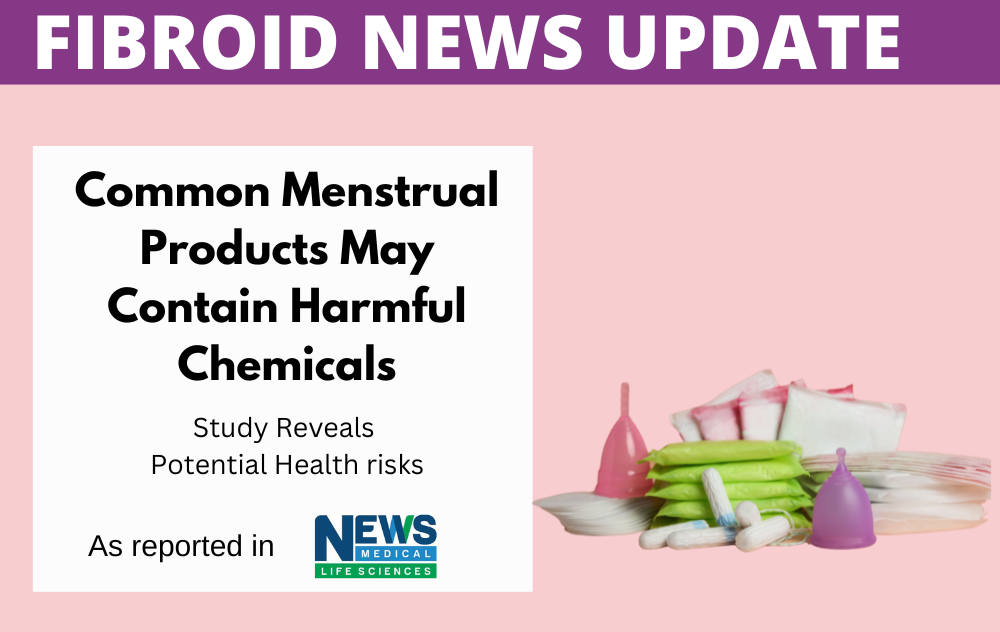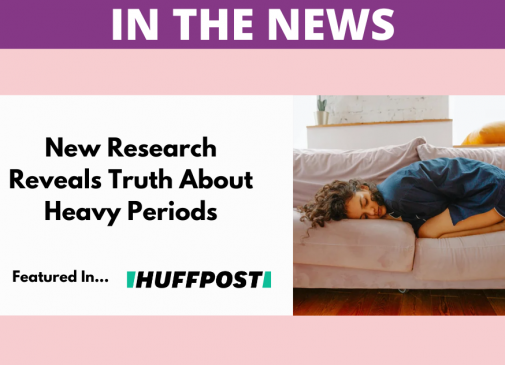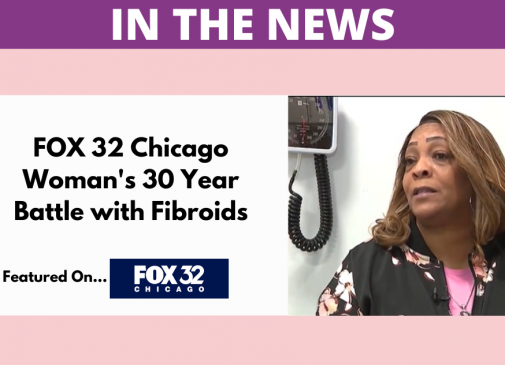
A new study by George Mason University researchers suggests that common menstrual products like tampons, pads, and liners may contain chemicals that disrupt the body’s hormones. These chemicals, known as endocrine disruptors, have been linked to various health concerns, including endometriosis and uterine fibroids.
The Study: Details and Data Obtained
The study, led by a PhD student and university faculty member reviewed existing research on chemicals found in menstrual products and their potential health impacts. Their analysis revealed concerning substances like phthalates, volatile organic compounds, and environmental phenols in many menstrual products.
The issue has become urgent with the recent introduction of the Robin Danielson Menstrual Product and Intimate Care Product Safety Act. This act, proposed in Congress last October, aims to establish a research program to evaluate the risks associated with various components found in menstrual products.
The researchers also identified a critical gap in available data. While their analysis included 15 studies published between 2013 and 2023, they emphasize the limited research on the chemical composition of menstrual products, particularly those gaining popularity in the US, such as menstrual cups and discs.
This research, published in the British Journal of Obstetrics and Gynaecology, BJOG, an international journal of obstetrics and gynecology, emphasizes the need for further investigation into the safety of menstrual products. On an average women end up using over 11,000 menstrual products in their lifetime, so ensuring hygiene and safety is crucial.
The permeable nature of vaginal and vulvar tissue allows these chemicals to be absorbed directly, raising concerns about potential health risks, particularly with long-term use. Additionally, “forever chemicals” known as PFAS have been detected in menstrual underwear, and peer-reviewed studies in this specific area are insufficient.
How To Choose The Right Menstrual Product
Fibroids are noncancerous tumors that grow in the uterus. They can cause a variety of symptoms, including heavy menstrual bleeding, pelvic pain, and cramping. When it comes to managing periods with fibroids, there is no one-size-fits-all approach. The best menstrual product depends on the individual’s symptoms, period flow, bleeding frequency, and preferences.
Educating women about fibroid symptoms and treatment options is key to their well-being. By being informed, women can proactively seek care and become active participants in their health decisions.
Fibroid Fighters supports research dedicated to early detection, symptoms, and causes, minimally invasive procedures, and personalized treatment plans for fibroids and other uterine health conditions. For women suffering from fibroids, it is important to find menstrual products that work best for them and their fibroid symptoms. Some of the things to keep in mind while choosing menstrual products for your specific needs include:
- Look for products that are made from natural, breathable materials.
- Avoid products that are scented or dyed, as these can irritate the vagina.
- Change your menstrual products frequently, especially if you have heavy bleeding.
Talk to your doctor if you have any questions or concerns about choosing menstrual products with fibroids.
About Fibroid Fighters
Fibroid Fighters is a public welfare organization created to raise public awareness about fibroids’ social, economic, and health impacts so that we can destigmatize the condition, encourage open conversations around fibroids, and advocate for better support systems. We believe women deserve to be equipped with the knowledge and resources to navigate fibroids with confidence and access the best possible care.







